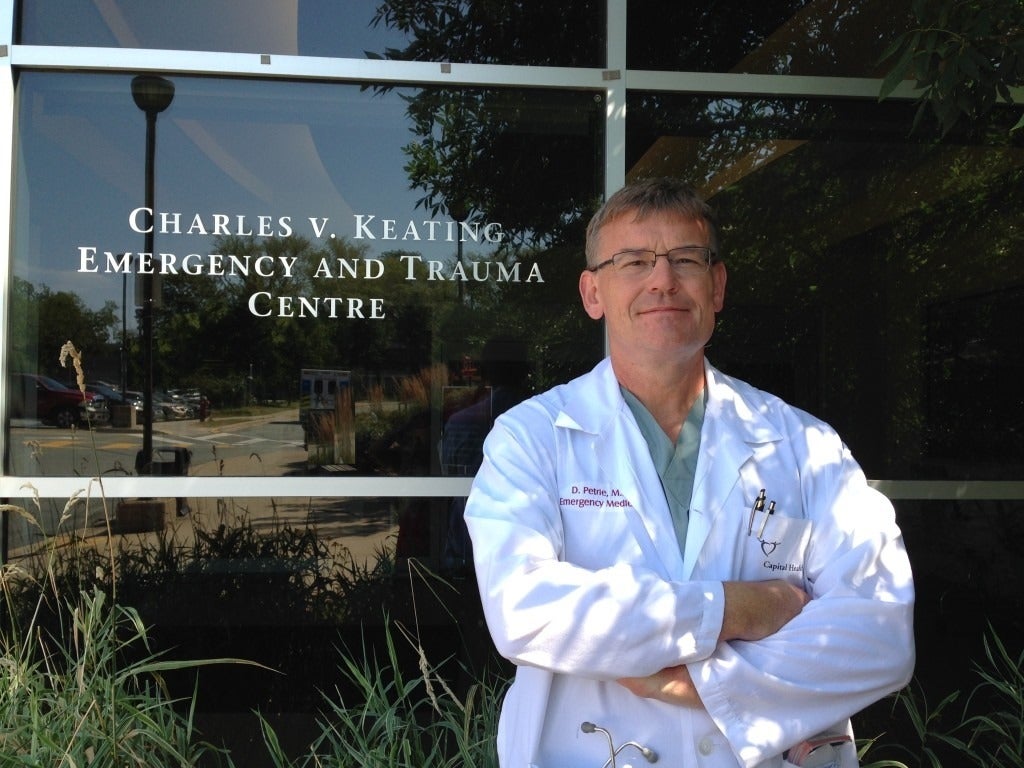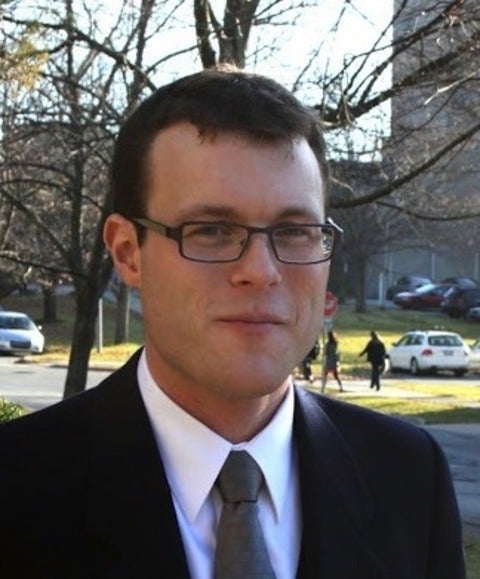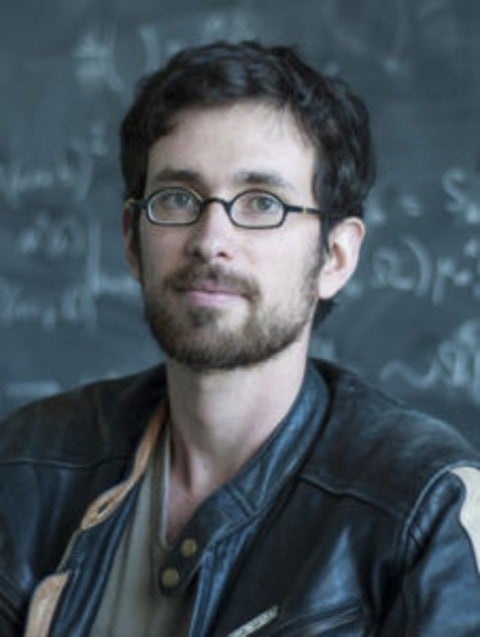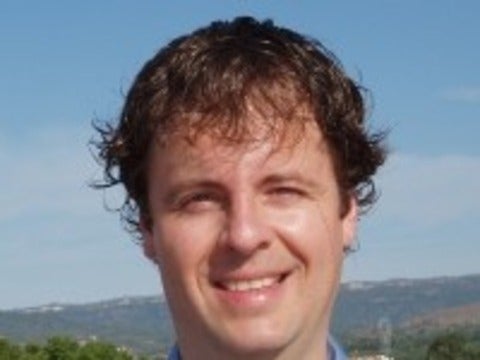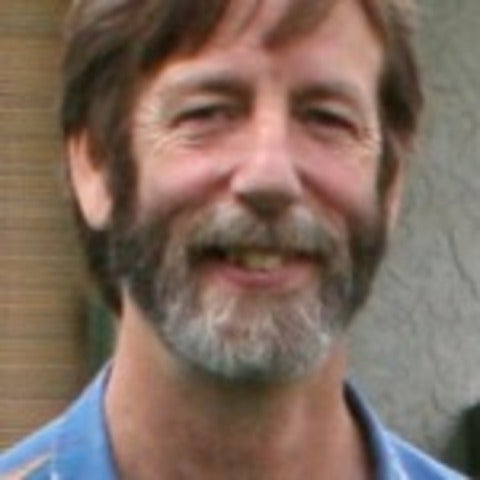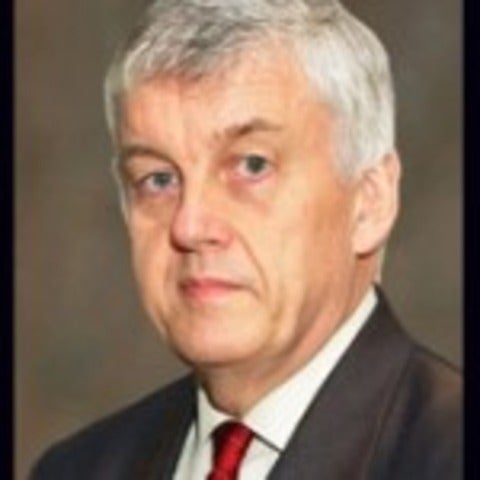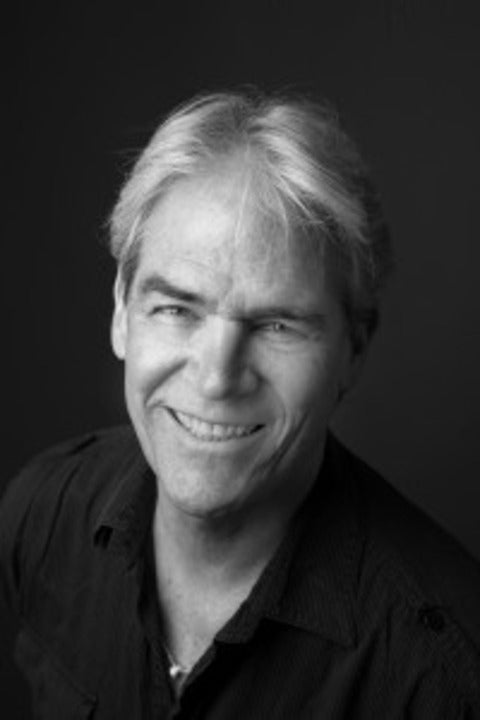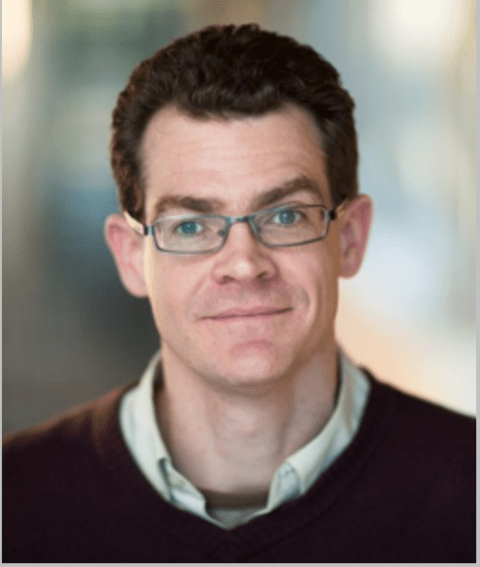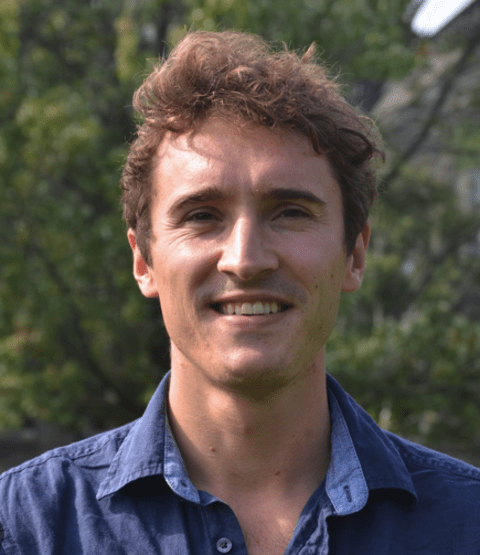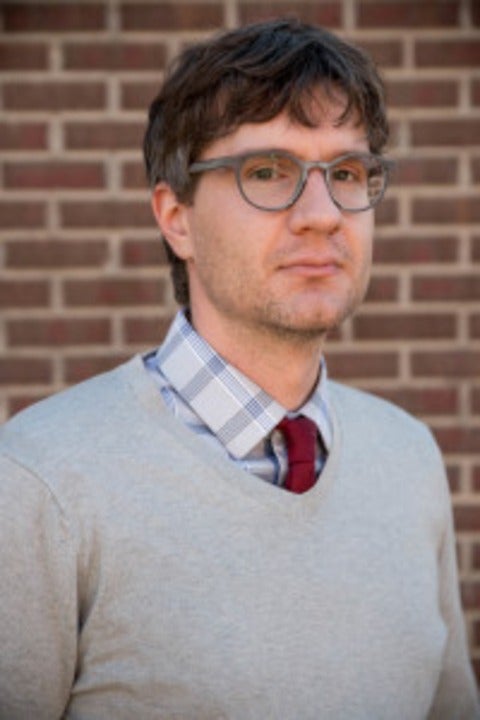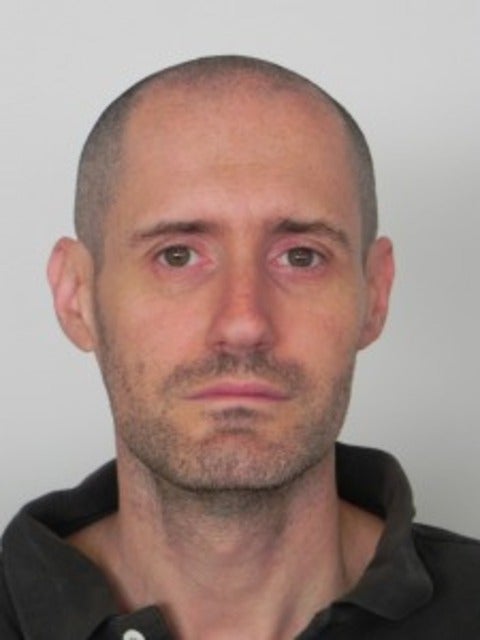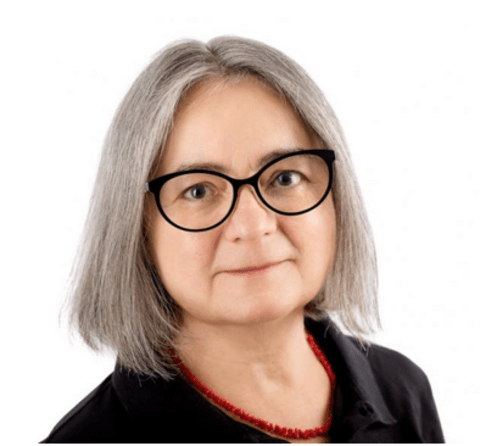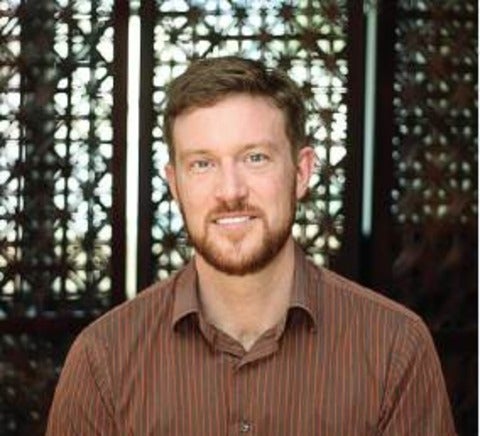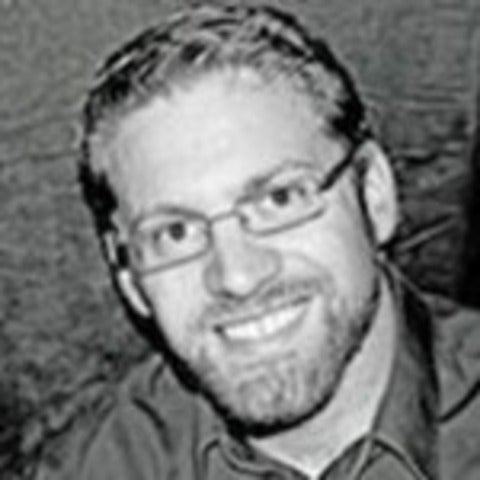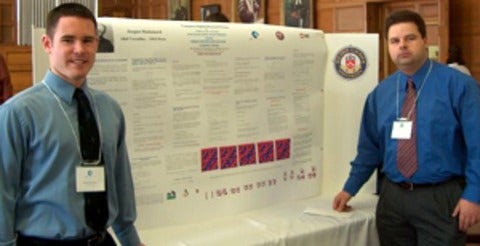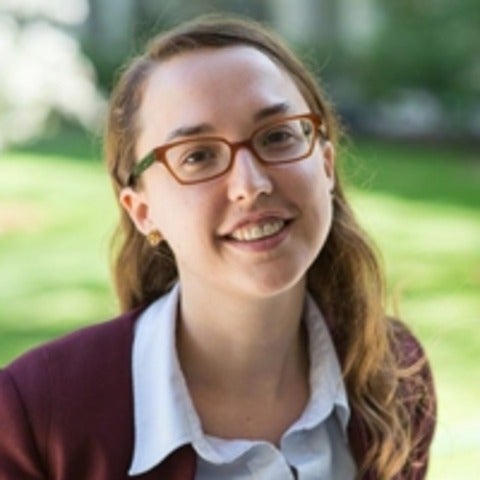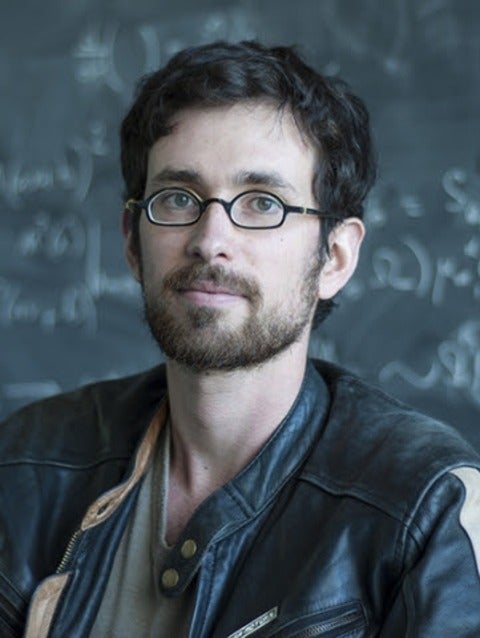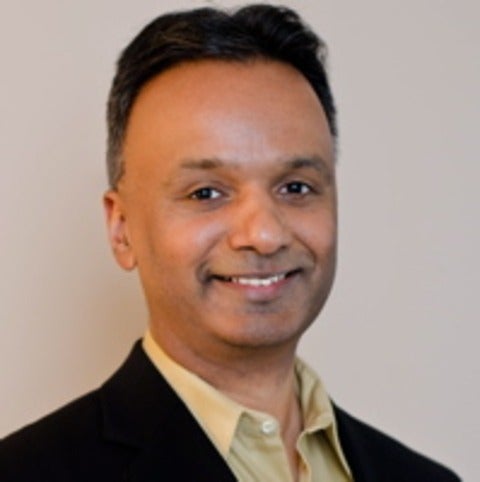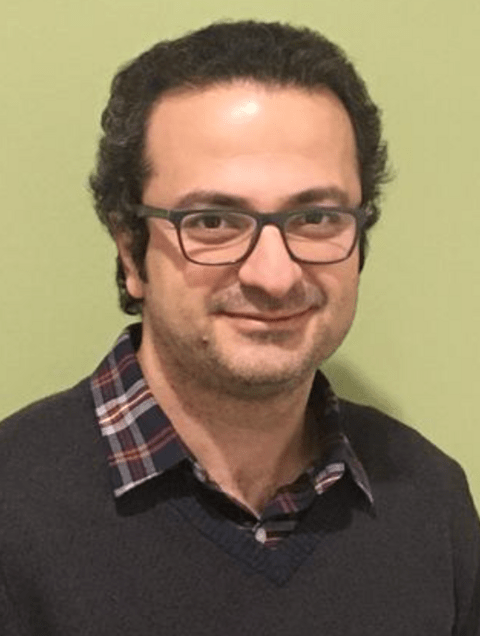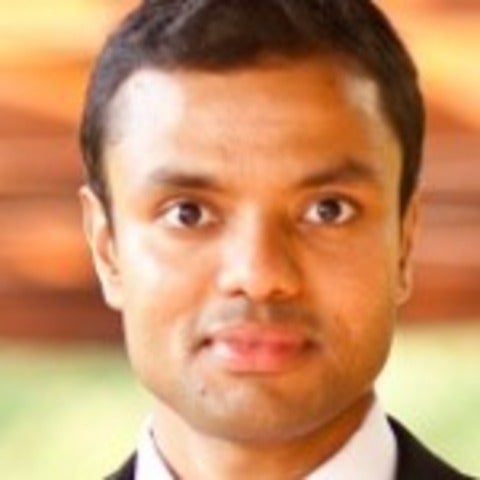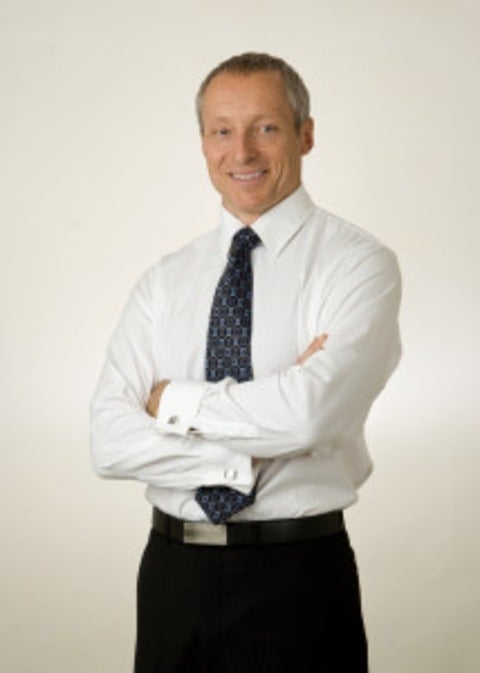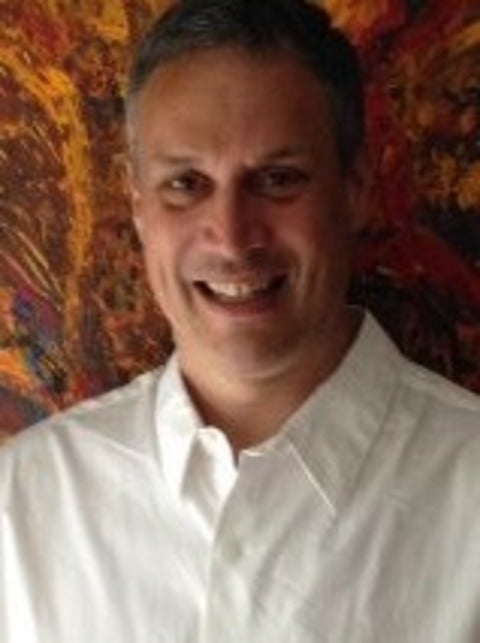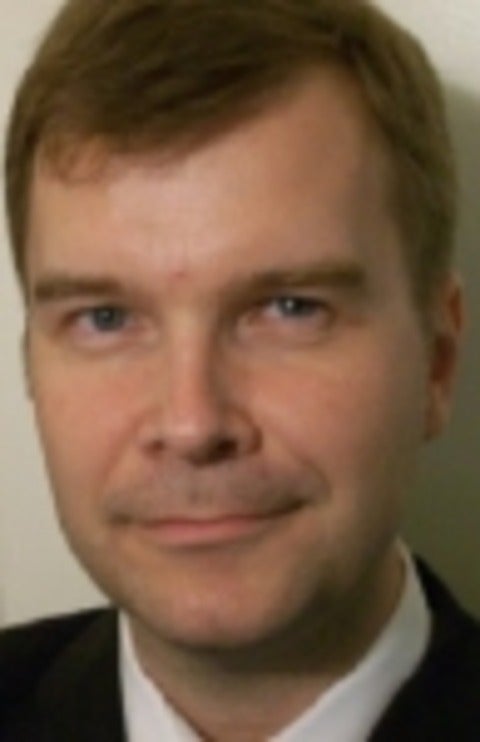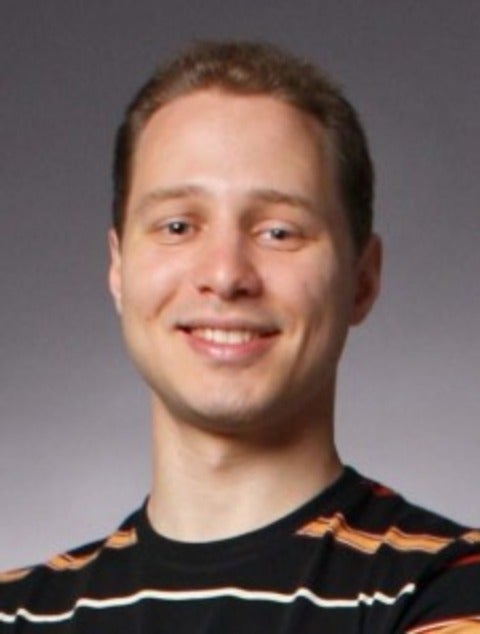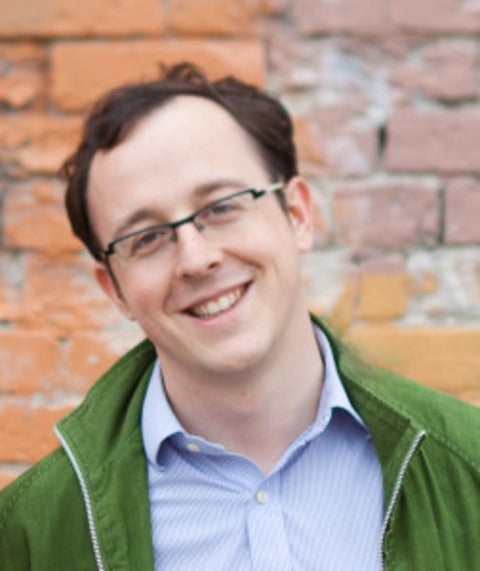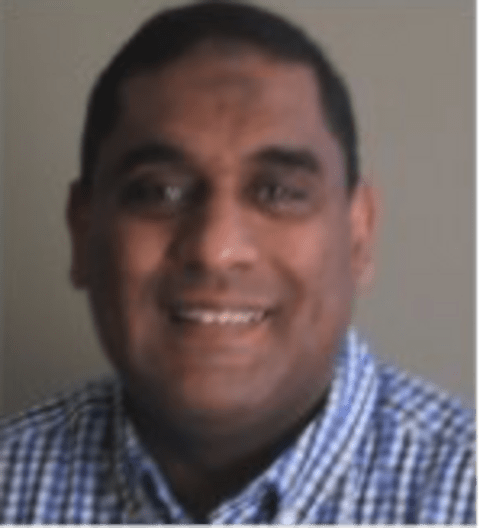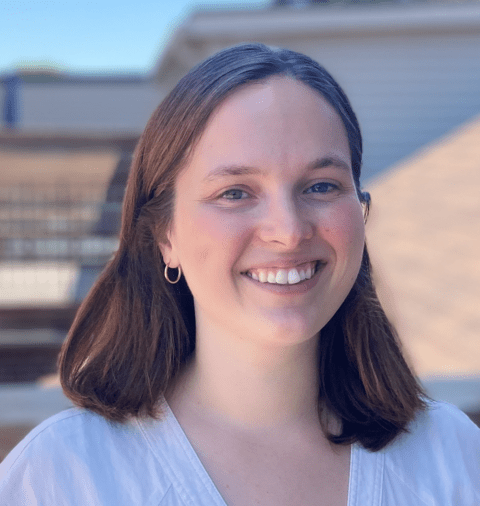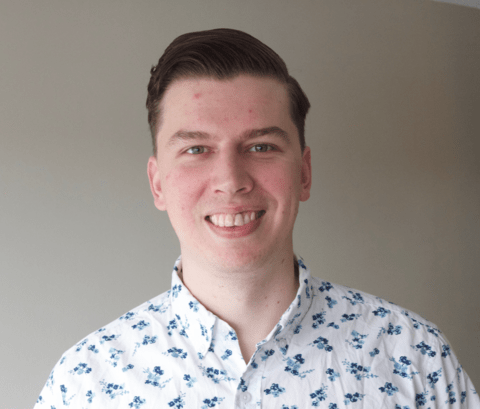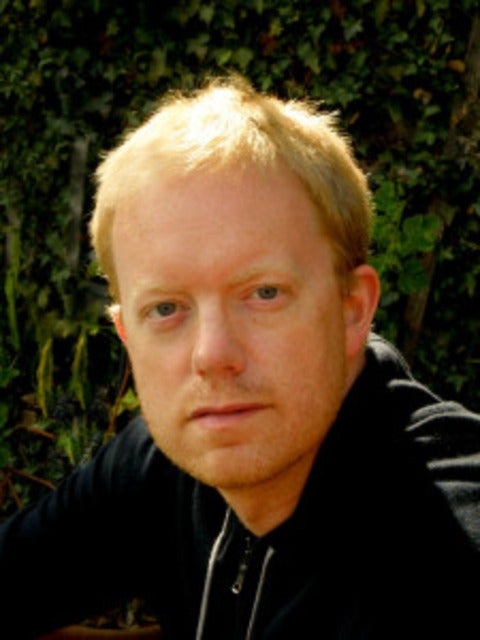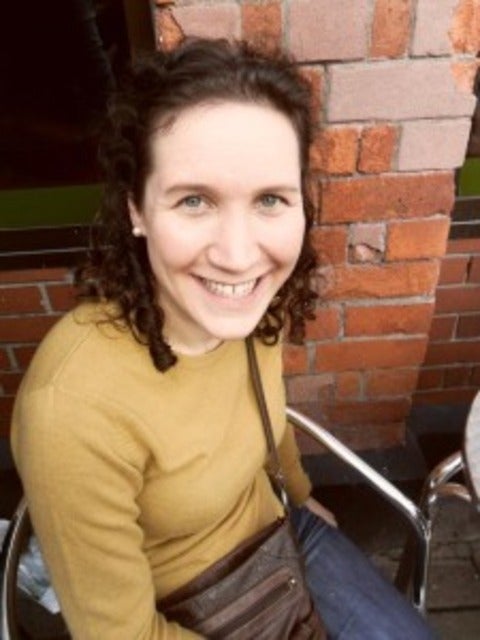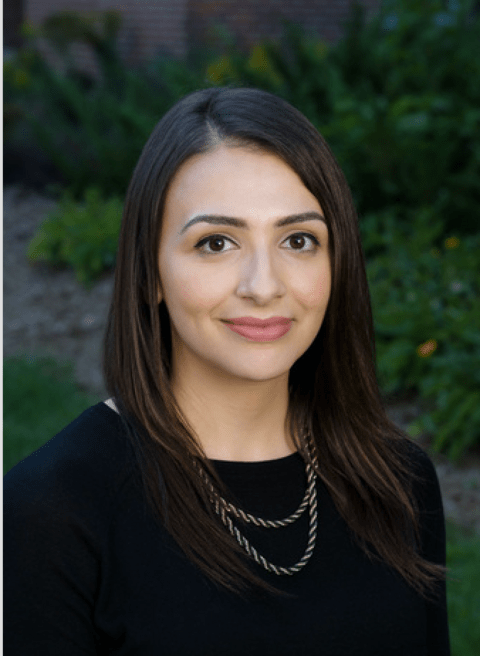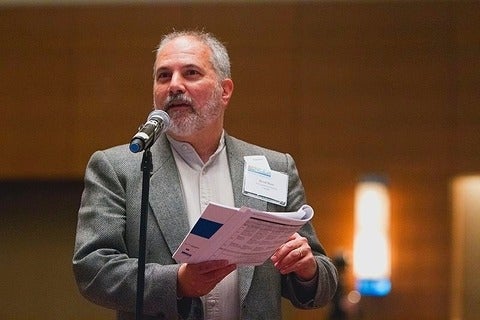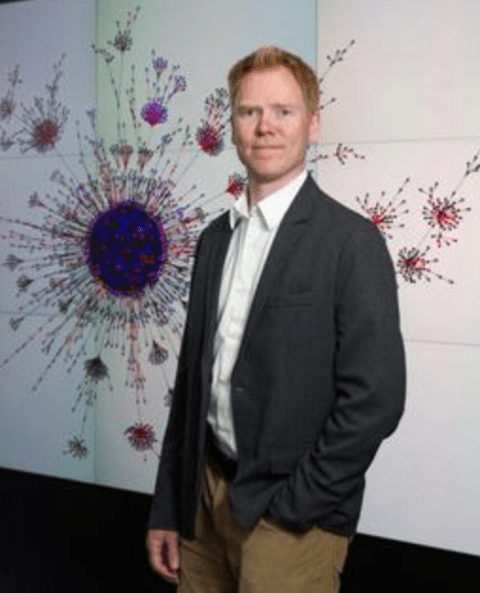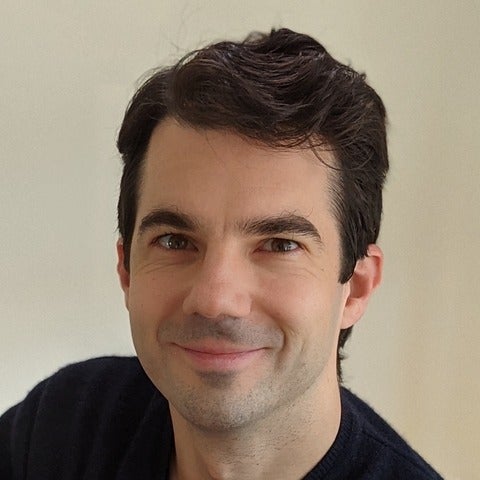Dr. David A. Petrie, MD, FRCP is a Professor and the head of the Dalhousie Department of Emergency Medicine and the chief of the Central Zone, NSHA. After medical school at Dalhousie and an internship in Ottawa he worked for two years in small towns in Ontario and Nova Scotia.
Profiles
Filter by:
Isaac Tamblyn is an assistant professor of physics at the University of Ontario Institute of Technology (UOIT) and holds a joint appointment with the National Research Council of Canada.
Matteo Smerlak studies the emergence of pattern in complex dynamical systems, most recently within the context of Darwinian evolution. His recent work has also explored the dynamics of economic inequalities, the quantification of resilience and the origin of scaling in biological growth.
Gerrit Van Wyk completed an MPhil in the School of Engineering Management at the University of Cape Town in 1996, and an MBA at Henley Management College in 2000, and is currently practising as a specialist physician in Saskatchewan.
Hans De Sterck is an associate professor in the Department of Applied Mathematics at the University of Waterloo. His area of research is computational mathematics and scientific computing, with applications to problems in science, engineering and technology.
Abdorasoul Ghasemi
Dear members of the Waterloo Institute for Complexity and Innovation,
Stephen James Purdey is an international relations specialist (PhD University of Toronto). His academic work focuses on the evolution of new forms of global governance to meet current socio-ecological challenges. Publications include Economic Growth, the Environment and International Relations: The Growth Paradigm (Routledge 2010) and The Normative Root of the Climate Change Problem (Ethics and the Environment 2012).
John Whalley is a William G. Davis Chair in International Trade and professor of economics at the University of Western Ontario, and a distinguished fellow at CIGI. Professor Whalley received his PhD from Yale University (1973). In addition to his roles at CIGI and the University of Western Ontario, Dr.
Niall Douglas
Niall continues his research into standardising, taming and scaling complexity in computing systems via participation in multiple International Standards Organisation working and study groups. He currently works for MayStreet on the US SEC’s Market Information Data Analytics System (MIDAS), which analyses in real time all trades carried out in the United States.
Yue Dou is a postdoctoral researcher at the Environmental Geography group of IVM.
Dr. Rob Robson, MDCM, MSc, FRCP(C) is the principal advisor for healthcare system safety and accountability in Canada and recently served as the chief patient safety officer at the Winnipeg Regional Health Authority for six years.
Jon Mackay is currenty a lecturer (Assistant Professor) in Business Analytics at the University of Auckland. His research interests involve network theory, corporate governance, and business analytics more broadly.
Thomas Bury is a Postdoctoral Researcher in the Faculty of Medicine at McGill University. He completed his PhD in Applied Mathematics at the University of Waterloo, and previously, he completed the Mathematical Tripos at the University Cambridge with first class honours, specializing in applications to biological and theoretical physics. Thomas is currently developing methods to better predict and classify cardiac arrhythmia.
BA (political science), Virginia Commonwealth University, 2002; PhD (political science), University of Toronto, 2013. Dr. Flanik is an assistant professor of political science at Colorado Mesa University, where he teaches a broad range of courses in international relations, comparative politics, technology studies, and peace and conflict studies. His research and teaching interests are in U.S.
Sergio Rossi is a professor in the Département des Sciences Fondamentales, Université du Québec à Chicoutimi (Canada). Before joining Chicoutimi in 2007, he obtained a master's in forest and environmental sciences and a PhD in forest ecology at the Università di Padova (Italy).
Professor Anna Lawniczak teaches Mathematics and Statistics at the University of Guelph.
Scott Heckbert is an environmental economist at Alberta Innovates Technology Futures, Canada. Scott’s research applies environmental economics using simulation modelling of social-ecological systems.
Robert Spekkens is a theoretical physicist who works on the foundations of quantum theory. He attended McGill University, pursuing a joint program in physics and philosophy and then completed an MSc and a PhD in theoretical physics at the University of Toronto.
Ilias Kotsireas received his undergraduate education at the University of Athens (Greece) and the Universite Paris 6 (France). He earned his PhD from the Universite Paris 6 in 1998 holding a three-year scholarship from the Ministry of National Education.
Leah Stokes is an assistant professor in the Department of Political Science at the University of California, Santa Barbara (UCSB). She completed her PhD in public policy in the Department of Urban Studies and Planning Environmental Policy & Planning group at the Massachusetts Institute of Technology (MIT). She also received a masters from MIT’s political science department.
Matteo Smerlak studies the emergence of pattern in complex dynamical systems, most recently within the context of Darwinian evolution. His recent work has also explored the dynamics of economic inequalities, the quantification of resilience and the origin of scaling in biological growth. Given his background in gravitational physics, Matteo would also like to know what dark matter stands for or what happens inside black holes.
Hassan Masum is a policy and technology strategist, and Vice President of Data Science at Prodigy which aims to help everyone love learning. He was a team leader in the Ethical, Social, and Cultural Program for the international Grand Challenges in Global Health initiative, and has worked as an engineer, scientist, foresight specialist, consultant, and global health innovator.
Reza Yousefi-Nooraie's main line of interest includes the application of a social network analysis lens to inform and promote the process of knowledge translation and program implementation (https://goo.gl/EIrwfo).
Shreyas Sundaram is an assistant professor in the School of Electrical and Computer Engineering at Purdue University. He received his MS and PhD degrees in electrical engineering from the University of Illinois at Urbana-Champaign in 2005 and 2009, respectively.
Anthony Masys
Anthony Masys is a defence scientist for the Department of National Defence, Defence Research and Development Canada, Centre for Security Science. Assigned as scientific advisor to the Royal Canadian Mounted Police (RCMP) Major Events and Protective Policing Division, Dr. Masys supported both the Vancouver 2010 Olympics and G8/G20 summits.
William Sutherland, MD, is a general practice physician presently working in emergency medicine, general practice psychotherapy, and functional medicine. He is the innovator of the complexity medicine paradigm and the author of the upcoming book on the subject, Grand Rounds: Healing Wisdom for a Complex World.
Dr. Sergey Melnik is a research fellow at the Mathematics Applications Consortium for Science and Industry (www.MACSI.ul.ie), Department of Mathematics & Statistics, University of Limerick, Ireland.
Matto Mildenberger is an assistant professor of political science at the University of California Santa Barbara. His research focuses on comparative climate policy and dynamics of public climate and energy opinions.
Mohamed A. Tawhid got his PhD in applied mathematics from the University of Maryland Baltimore County, Maryland, U.S.A. From 2000 to 2002, he was a postdoctoral fellow at the Faculty of Management, McGill University, Montreal, Quebec, Canada. Currently, he is a full professor at Thompson Rivers University, B.C. Canada.
Chloe Clifford Astbury is a post-doctoral fellow in the School of Global Health at York University in Toronto. Chloe’s research around complex systems has focused on the prevention of communicable and non-communicable disease, with a focus on the food system as a complex system from which health outcomes emerge. Her current projects involve applying complex system methods to understanding how the food system drives the emergence of antimicrobial resistance and emerging infectious diseases, and how policies to reduce the risk of disease emergence intersect with the food system. Chloe also led the development of guidance on using systems approaches in non-communicable disease prevention policy on behalf of the World Health Organization and is interested in complexity training and teaching.
Manjana Milkoreit is a post-doctoral research fellow with the Walton Sustainability Solutions Initiative at ASU’s Wrigley Global Institute of Sustainability. Her research focuses on the role of cognition in climate change politics, and more generally the way cognitive processes such as imagination or scientific knowledge impact the search for and implementation of solutions to climate change.
Samuel Petrie is a Health System Impact Fellow at University of Toronto and University Health Network. Originally from Halifax, he completed his BKI at the University of Waterloo in 2016, and his PhD in Health Sciences at Carleton University.
Edward W. Thommes is a health outcomes manager at GlaxoSmithKline Canada. In addition, he is an adjunct faculty member in the Department of Mathematics and Statistics, University of Guelph researching multidisciplinary computational modelling under a Natural Sciences and Engineering Research Council of Canada [NSCERC] Discovery Grant.
Megan Bean works in adult education, primarily in teaching English as a second or other language. She received her undergraduate degree in English literature from the University of St. Andrews, Scotland; a postgraduate diploma in education from the University of College Cork, Ireland; and a master's in education from the Open University, England.
Amanda Raffoul is a Canadian Institutes of Health Research (CIHR) postdoctoral fellow with STRIPED, the Strategic Training Initative for the Prevention of Eating Disorders, based at Boston Children's Hospital and the Harvard T.H. Chan School of Public Health. Amanda received her MSc and PhD from the School of Public Health and Health Systems at the University of Waterloo.
Brad Bass is a researcher and member of Environment and Climate Change Canada’s Great Lakes Nutrient Initiative team. His research interests include modelling complexity, water quality policy, management alternatives for reducing urban phosphorus loads into the Great Lakes and the economic issues around public policy. He is Associate Executive Director of the Foundation for Student Science and Technology, and Director of the University Research Experience in Complex Systems (URECS), which brings secondary school and university students together to explore the interaction between environmental change and health and also offers workshops on the simulation of environmental change and health, green infrastructure, networking and the Prisoner’s Dilemma.
Jörn Davidsen is a Professor in the Department of Physics & Astronomy and a member of the Complexity Science Group as well as the Hotchkiss Brain Institute at the University of Calgary, leading the Computational Neuroscience Platform under the University of Calgary’s Brain and Mental Health Strategy. With a PhD in Theoretical Physics from the University of Kiel, Germany, he has worked on applications ranging from neurosciences to earthquakes, from the climate system to nonlinear chemical reaction kinetics (with Nobel laureate Gerhardt Ertl’s group, for example), using tools from statistical physics, network science and nonlinear dynamics. Dr. Davidsen is a Humboldt Research Fellow at the GFZ German Research Centre for Geosciences in Potsdam, Germany and was elected Secretary of the Nonlinear Geophysics Focus Group of the American Geophysical Union in 2015 and in 2017.
Eric De Guili is an Assistant Professor of Physics at the Toronto Metropolitan University, interested in emergence and self-organization in complex systems. His group is currently studying the origin of metabolism in chemical reaction networks, learning of syntax in human languages, and the plasticity of amorphous solids.
